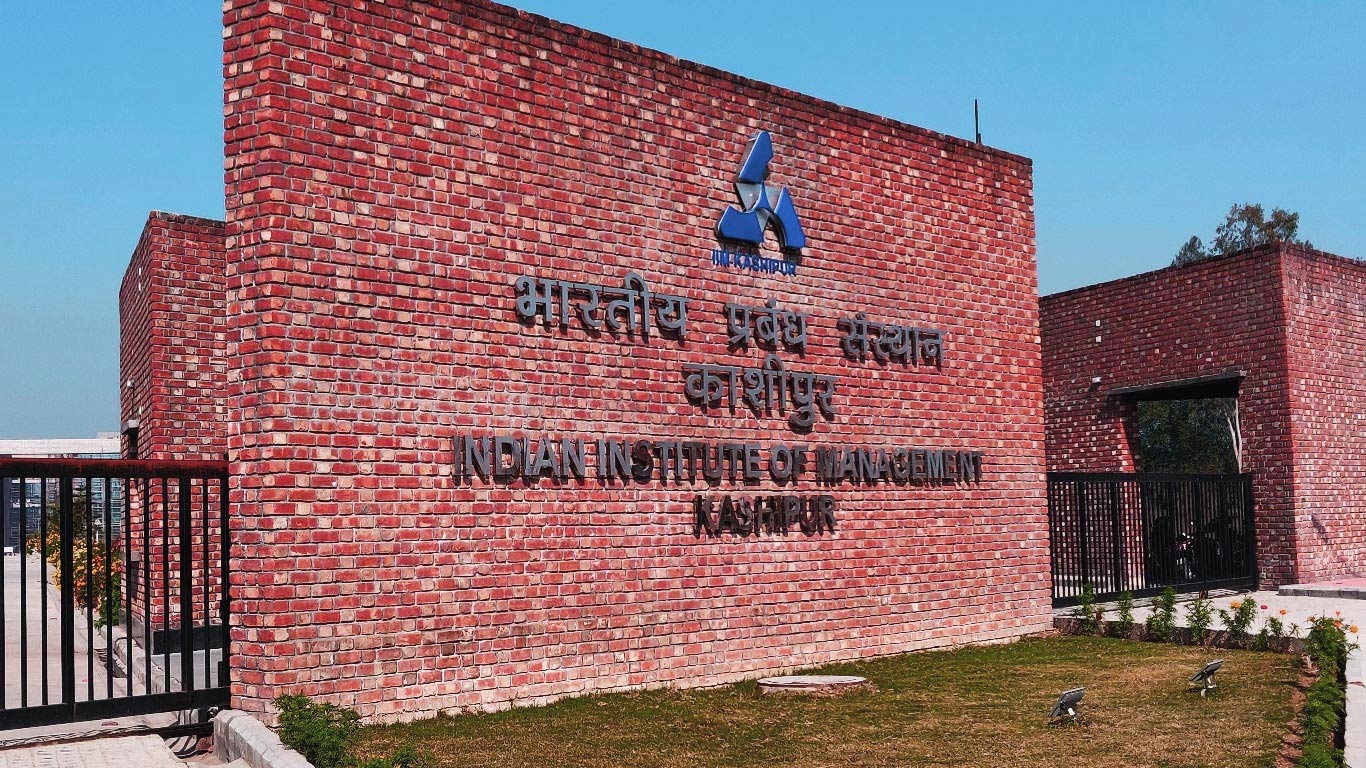CII-IBBI certified training programme on managing natural capital
Updated: Aug 19, 2015 02:51:30pm

Under the Ministry of Environment, Forests and Climate Change, the CII-ITC Centre of Excellence for Sustainable Development is hosting IBBI with the support of German Development Cooperation through GIZ.
CICT is designed to improve the understanding of managers and employees across business functions about their company’s direct and indirect impacts and dependencies on ecosystems and ecosystem services. Designed specifically for business, it incorporates IBBI methodologies and tools that have been developed with support from international experts who have 15-20 years of experience in this field.
The course includes practical understanding of interdependencies between business and biodiversity through a half day site visit. CICT is the only course that provides site visit opportunity.
The course content will cover the topics like - integrated approach, drivers, regulatory pressures, frameworks and most significantly the business case for stronger focus on ecosystem measurement and management; understanding interdependency between business, biodiversity and ecosystem services and introduction to IBBI tools for informed strategies; local site visit to understand the concept of managing natural capital from a practical point of view; net positive impact and zero loss theory; and different methods of valuing natural capital.
Corporates; sustainability and environment professionals; procurement and supply chain professionals; and candidates interested in adding a new job skill will be participating at the training programme.
The programme will provide the participants knowledge to understand how natural capital should be included in decision making to bring transparency and meet sustainability commitments; to understand the links and add new transferrable job skills; and to help to improve the value chain. (KNN Bureau)











